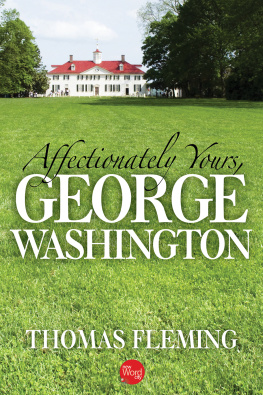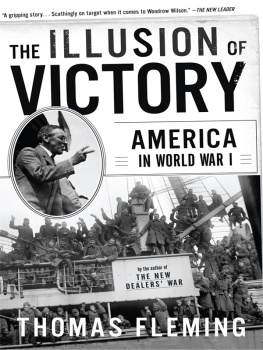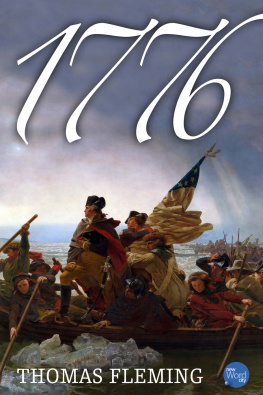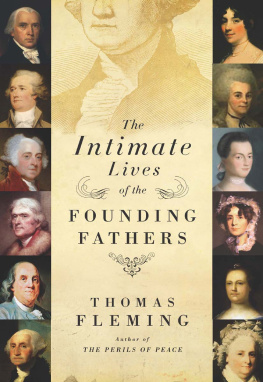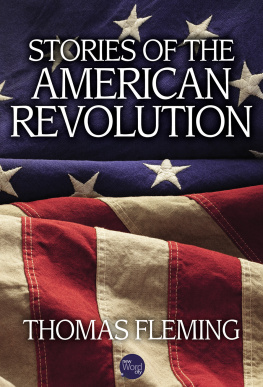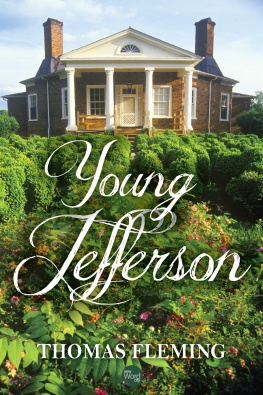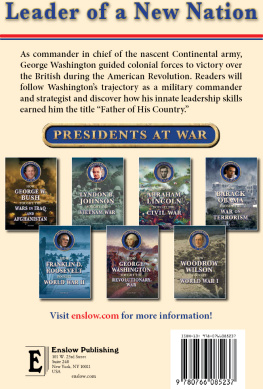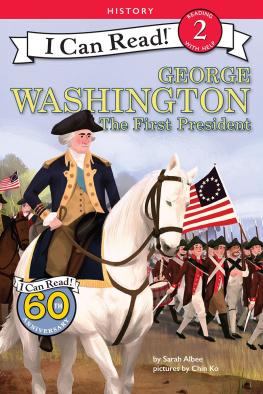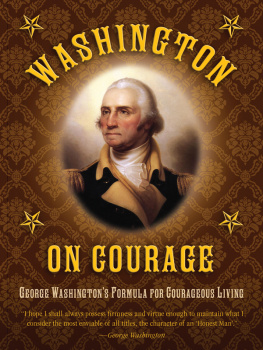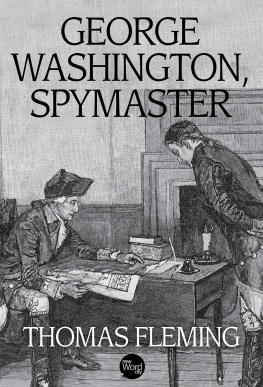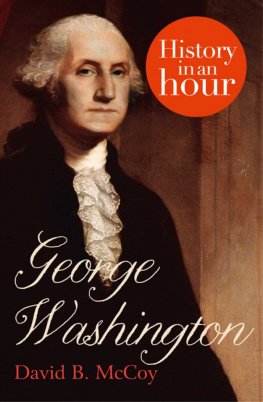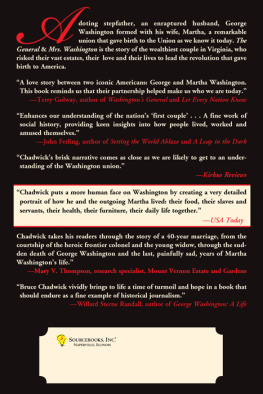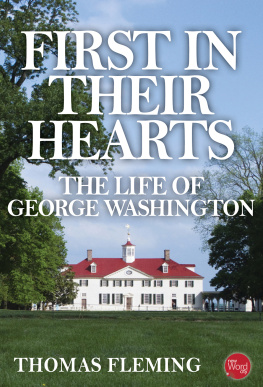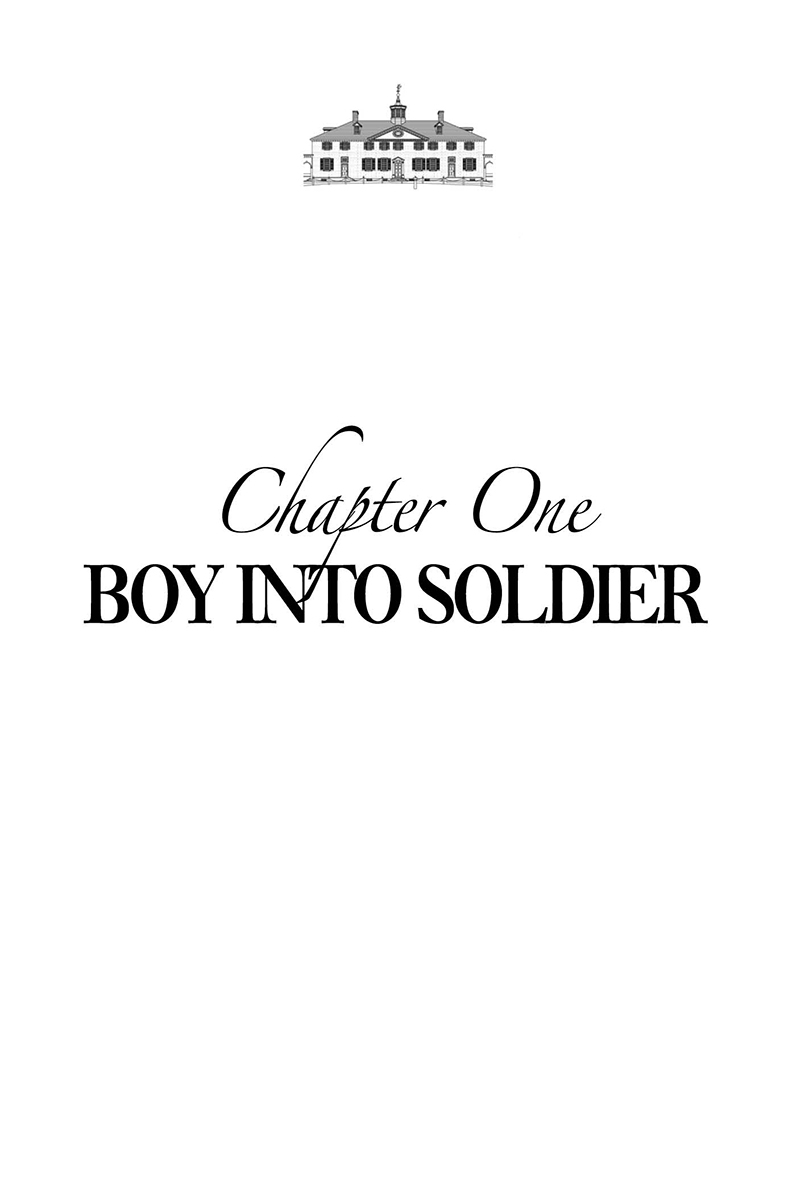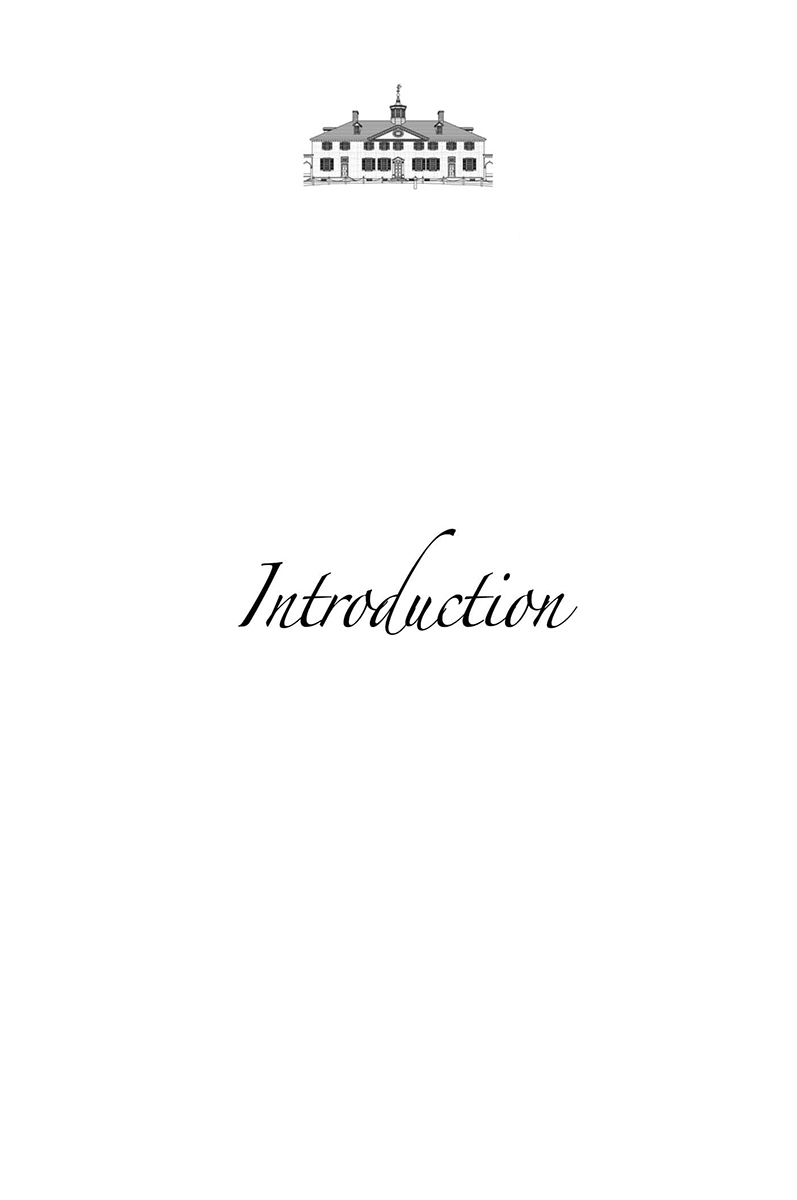
There are over twenty-five thousand separate documents in the collected writings of George Washington. A high percentage of these come under the general heading of official papers, letters Washington wrote in his various public capacitiesColonel of the Virginia Militia, Commander in Chief of the Revolutionary Army, President of the United States. They include army orders of the day, state papers, communications to Congress. These documents, often written by an aide, a secretary, or a talented ghost such as fames Madison or Alexander Hamilton, show little of the human being, George Washington. Too often they perpetuate the image which prompted one historian to call Washington "the man in the white marble toga." There was an almost awesome austerity in Washington's official life, especially the years of his Presidency. His political enemy, Thomas Jefferson, writing after Washington's death, admitted that "his integrity was most pure, and his justice the most inflexible I have ever known, no motives of interest or consanguinity or friendship or hatred being able to bias his decision." Samuel Eliot Morison, in a brilliant paper published many years ago, traced this side of Washington's character to his youthful friendship with the Fairfaxes, English aristocrats who, like others of their class in the eighteenth century, were fired by the stern virtues of the ancient Romans as summed up in Joseph Addison's tragedy Cato and the stoic philosophy of the younger Sencca.
But there is another George Washington, a warm and fascinating human being who lived within this official statue. This Washington suffered the pangs of adolescent passion, fell in love with his best friend's wife, wept on the deathbed of his stepdaughter Patsy Custis, and after leading a revolution and founding a nation which would transform the civilized world could say, "I had rather be at Mount Vernon with a friend or two about me than to be attended at the seat of government by the officers of state and the representatives of every power in Europe."
This George Washington is best revealed in what he called "letters of friendship." Washington was never a first-rate conversationalist. He suffered all his life from the feeling that he had received an inferior education. But even Jefferson admitted that he wrote a first-rate letter, no small compliment from the author of the Declaration. Thus the rationale for this book. No one can do a better job of recapturing the human side of George Washington for our generation than the man himself.
The text follows the Centennial Edition of Washington's writings edited by John C. Fitzpatrick. This edition reproduces the letters exactly as Washington wrote them, even attempting, where-ever possible, to eliminate the minor revisions that Washington himself made thirty years later. There are times when this makes for somewhat difficult reading. In his early letters, Washington was not particularly interested in correct spelling or good syntax. But the real man is more interesting than an improved version.
At certain points, always indicated or summarized, passages that relate to local business transactions, improvements to the Mount Vernon farm, and similar minor details have been deleted. Also omitted, where it seemed advisable, are routine salutations and closings. Finally, it should be made clear that these are not all Washington's letters of friendship but a selection based on a personal judgment of which ones give us the best insight into the man. The reader who wishes to make further explorations can consult the thirty-nine-volume Collected Writings of George Washington.
George Washington's first letters are updated. They are entered in a small memorandum book that contains the diary of his "Journey over the Mountains, 1748," an expedition on which he served as assistant surveyor, laying out tracts in the vast five million acres of Virginia that the British crown had granted to the Fairfax family. There were many Fairfaxes in Virginia. Washington's brother Lawrence married Ann, daughter of William Fairfax, who served as the family's agent in the colony and owned a handsome house, Belvoir, just up the river from Mount Vernon. Fairfax's son, George William, was seven years older than Washington and was his companion on this journey which gave the gangling sixteen-year-old his first glimpse of the frontier.
He describes his adventure in a lively letterto his cousin Richard Washington.
DEAR RICHARD: The receipt of your kind favor of the 2d of this Instant afforded me unspeakable pleasure as I am convinced I am still in the Memory of so Worthy a friend a friendship I shall ever be proud of Increasing you gave me the more pleasure as I receiv'd it amongst a parcel of Barbarian's and an uncooth set of People the like favour often repeated would give me Pleasure altho I seem to be in a Place where no real Satis: be had since you receid my Letter in October Last I have not sleep'd above three Nights or four in a bed but after walking a good deal all the Day lay down before the fire upon a Little Hay Straw Fodder or bairskin which ever is to be had with Man Wife and Children like a Parcel of Dogs or Catts and happy's he that gets the Birth nearest the fire there's nothing would make it pass of tolerably but a good Reward a Dubbleloon is my constant gain every Day that the Weather will permit my going out and sometime Six Pistoles the coldness of the Weather will not allow my making a long stay as the Lodging is rather too cold for the time of Year I have never had my cloths of but lay and sleep in them like a Negro except the few Nights I have lay'n in Frederick Town.
On his return from this trip, George continued his work as a surveyor and spent most of his off hours at Belvoir or nearby Mount Vernon. In the Virginia of his day, the name Fairfax meant what Rockefeller means to us. The best society in the colony swirled through Belvoir, and George Washington participated in it eagerly. The Fairfaxes, including dour, misanthropic Lord Fairfax himself, who had come from England in 1747, treated the overgrown adolescent with extraordinary kindness, which he remembered for the rest of his life. But the belles of this highly sociable plantation society were not so kind. As a third son, Washington's inheritance was meagera few hundred acres of a second-rate plantation near Fredericksburg. When it came to charm and polish, he was miles behind other well-to-do young Virginians who went to school in England. The result was a series of romantic rebuffs which George laments in the following letter to another cousin, Robin Washington.
DEAR FRIEND ROBIN: As its the greatest mark of friendship and esteem Absent Friends can shew each other in Writing and often communicating their thoughts to his fellow Companions makes me endeavor to signalize myself in acquainting you from time to time and at all times my situation and employments of Life and could wish you would take half the Pains of contriving me a letter by any oppertunity as you may be well assured of its meeting with a very welcome reception my Place of Residence is at present at His Lordships where I might was my heart disengag'd pass my time very pleasantly (agreeably) as theres a very agreeable Young Lady Lives in the same House (Colo. George Fairfax's Wife's sister)* but as that's only adding Fuel to fire it makes me the more uneasy for by often and unavoidably being in Company with her revives my former Passion for your Low Land Beauty whereas was I to live more retired from young Women I might in some measure eliviate my sorrows by burying that chast and troublesome Passion in the grave of oblivion or etarnall forgetfulness for as I am very well assured that's the only antidote or remedy that I ever shall be releivd by or only recess than can administer any cure or help to me as I am well convinced was I ever to attempt any thing I should only get a denial which would be only adding grief to uneasiness.

